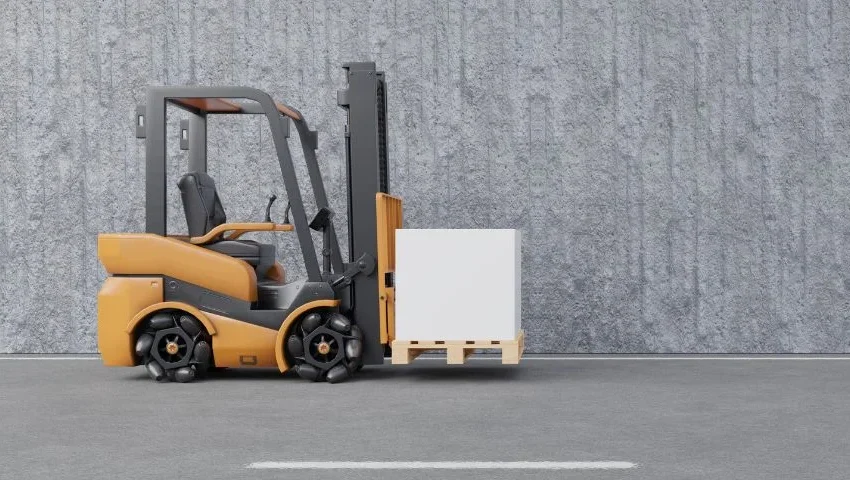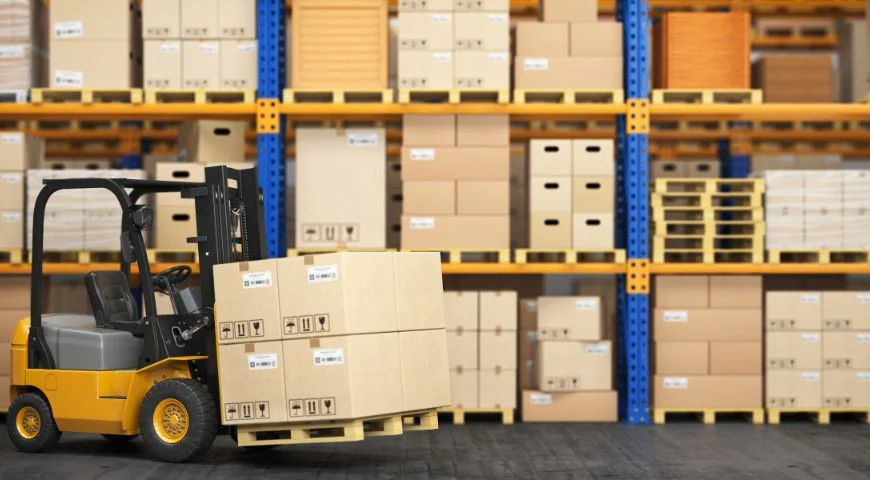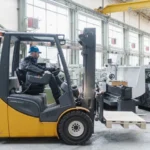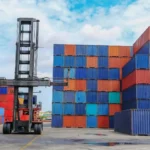
Indian material handling environment is changing at a high rate due to rising industrialization, growing e-commerce and international trade forces. In the case of the procurement and operations teams in India and the USA dealing with cargo handling services and logistics, it is vital to keep up with the trends that are to come so that the budget is budgeted accordingly and workflows optimized. Investments in new equipment, intelligent maintenance, and digitalization are changing the manner in which companies are looking at material handling solutions.
The following blog indicates the major trends in 2025-26 and practical budgeting recommendations specific to shipping firms in Mumbai and the general markets, which can assist logistics executives with their strategies.
Digitalization and Automation Integration
The growth of automation technologies, such as automated storage and retrieval system (ASRS), robot forklifts, and the IoT-based asset tracking are changing warehousing and port operations. The procurement teams will have to plan the initial expenses of new models of forklift trucks that come with smart controls and cloud-based fleet management services.

The operations teams in India and the USA enjoy increased productivity, less manual error, and predictive maintenance power, decreasing the downtime and costs of repairs. The most popular rental individuals and dealers of forklift trucks are actively provided with the related machinery that will provide the ability to carry out diagnostics remotely and easily provide service using maintenance contracts annually.
Emphasis on Sustainability and Green Equipment
The option of energy efficiency and sustainability is no more. Stricter environmental laws and the corporate social responsibility objective are increasing investment in electric forklifts, hybrid forklift cranes, and cleaner fuel feeds. Forklift rental in Mumbai and investments that comply with green standards are in the priority lists of Indian operators, especially in such metro centres as Mumbai, and U.S. logistics centres.
Budgetary factors should involve increased initial expenses with electric or hybrid models but long-term benefits with less fuel consumption, less emission, and the ability to receive government subsidies or tax benefits. Also, there are relationships with suppliers who offer a holistic approach, that is, also supplies spare parts and services of the forklifts.
Flexible Rental and Service Models
In the uncertain supply chains, there is an increase in the flexible equipment acquisition models such as forklift rental services. These enable firms to increase or reduce fleets according to the changing demand without huge investments.
Budgeting is currently factoring in the rental contracts that are inclusive of forklift service, spare parts, and training of the operator. There are numerous container handler dealers and ground handling equipment vendors with rental fleet of equipment that has the latest in safety and performance capabilities and which is critical in ensuring continuous cargo handling services at the ports and warehouses.
Conclusion: Strategic Budgeting for Future-Ready Material Handling
The emerging trends should be welcomed by the procurement and operations teams in the booming Indian industrial market and the mature logistics markets of the USA in considering budgets in 2025-26. Today, an investment in automation, sustainable equipment, and flexible rental models is a guaranty of operational resilience and regulatory compliance, and control of costs.
Mazda Movers is a reliable provider of material handling equipment in Mumbai and India with innovative forklift trucks, special copilot services, and rental flexibility to enable business. After they update on Instagram, LinkedIn, and Facebook, you will be informed about the new equipment and maintenance strategies.






Preeti
November 6, 2025Insightful trends on automation and digitalization essential for Indian procurement teams to stay competitive.
siddhant ghugare
December 24, 2025A great overview for ops teams to anticipate future investments and challenges in logistics.